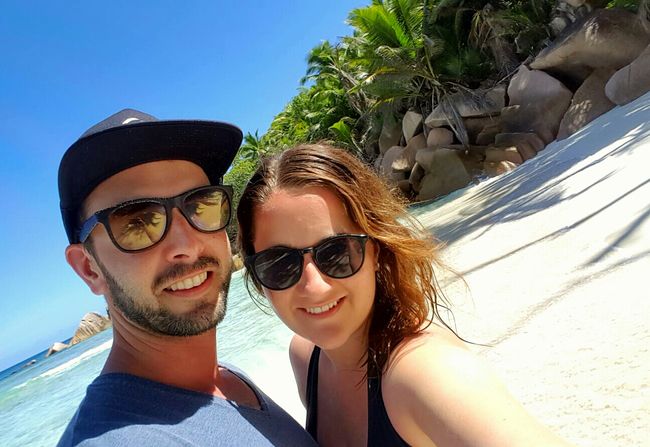Week 4 - Rwanda, Uganda, Kenya
បោះពុម្ពផ្សាយ: 22.12.2018
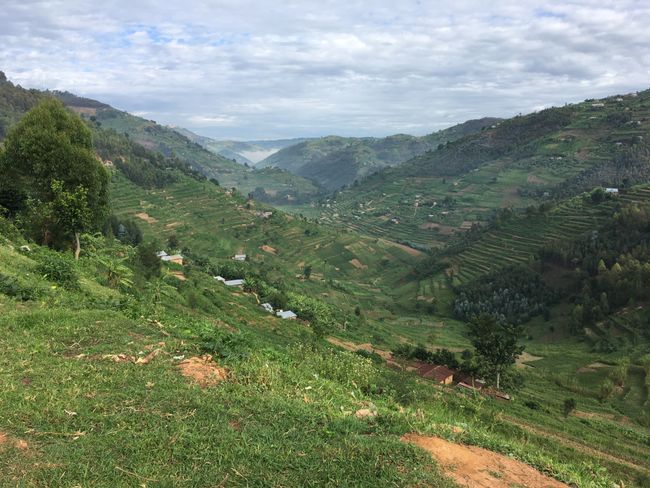
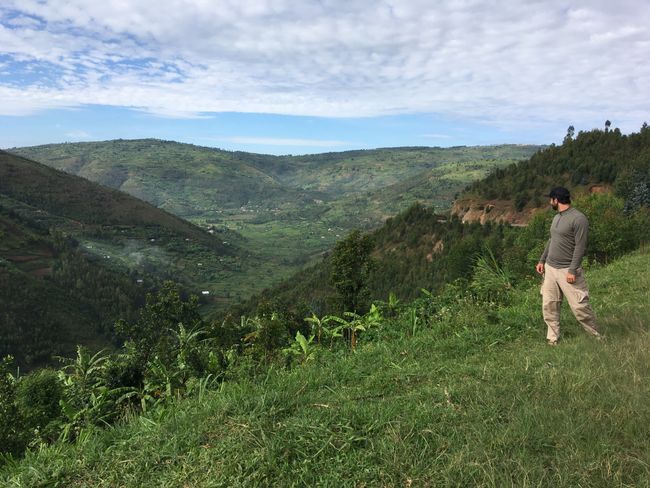
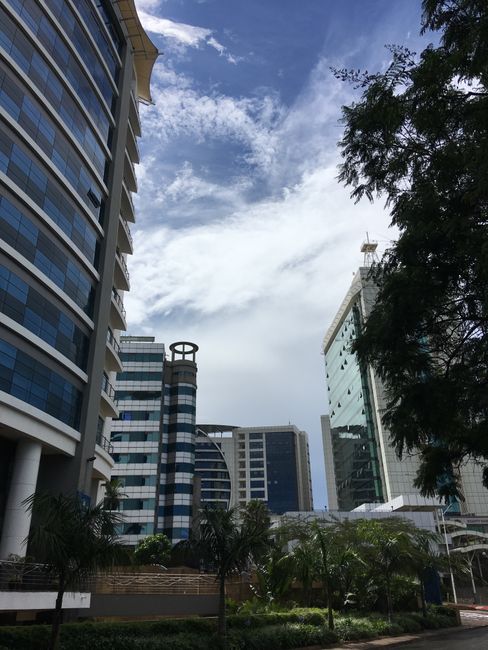
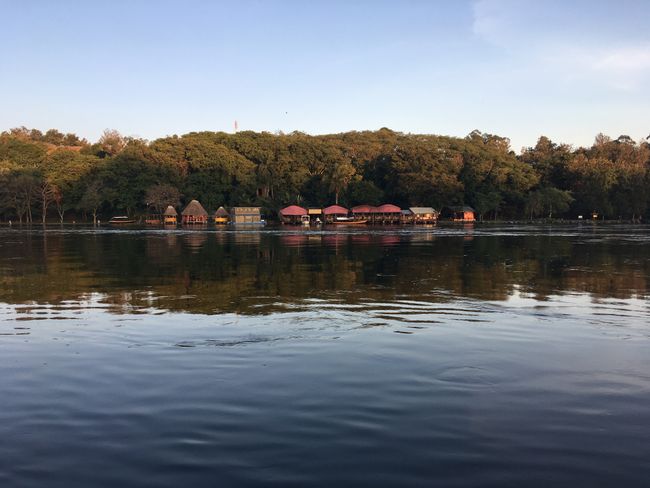
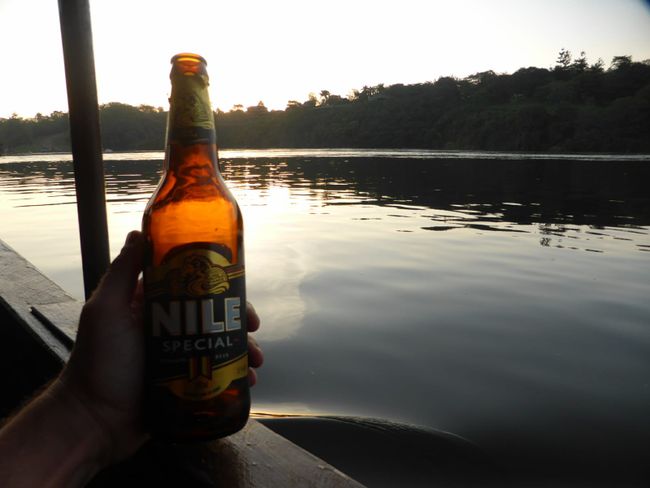
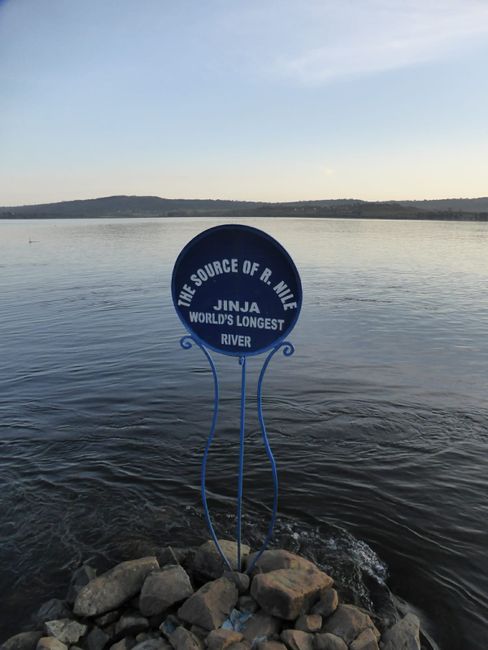
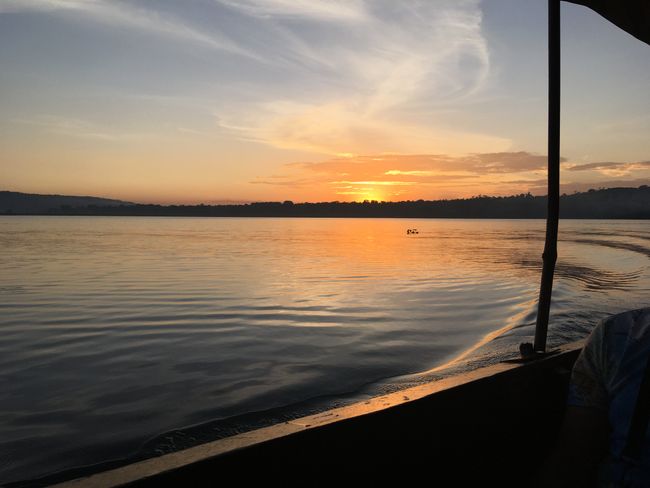
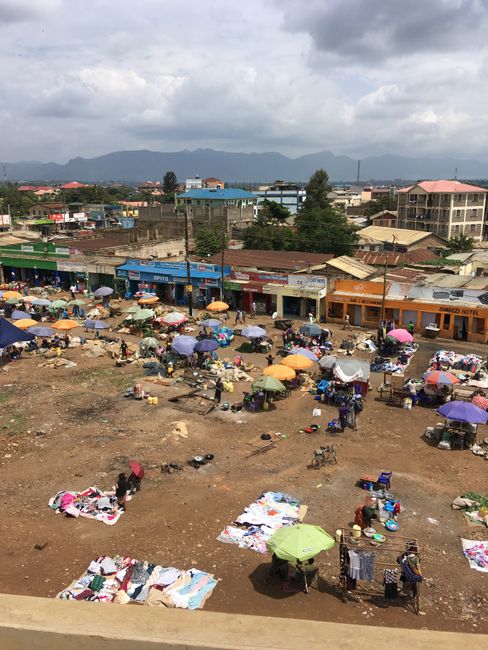
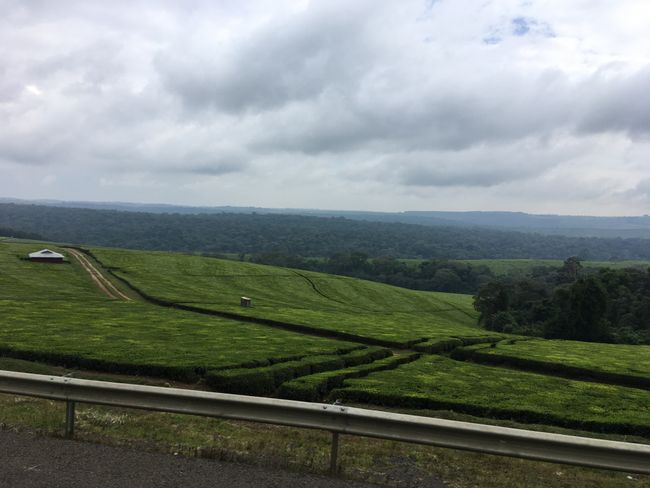
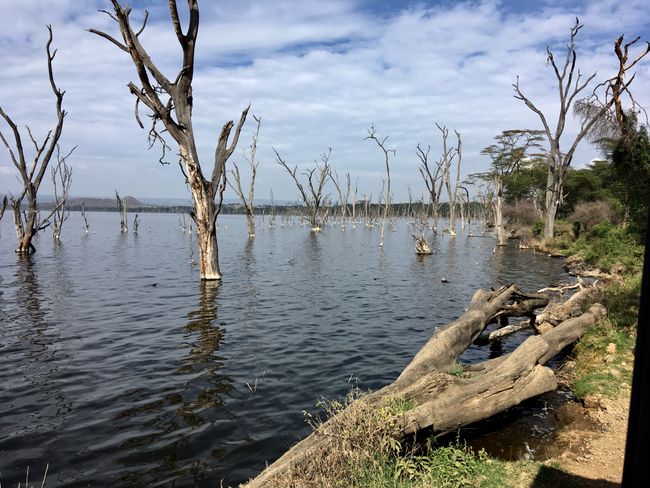
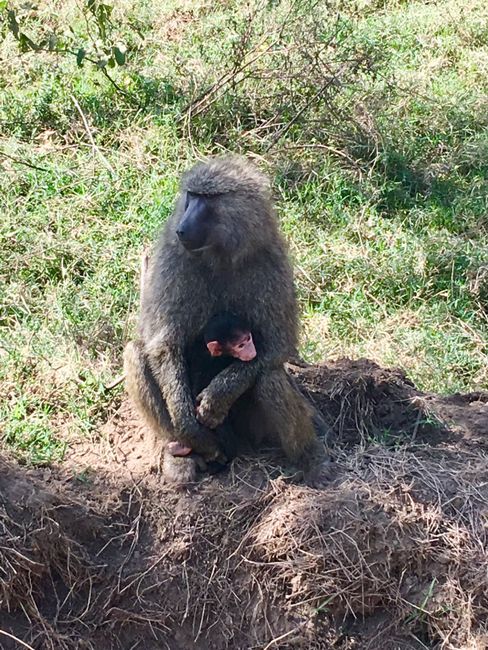
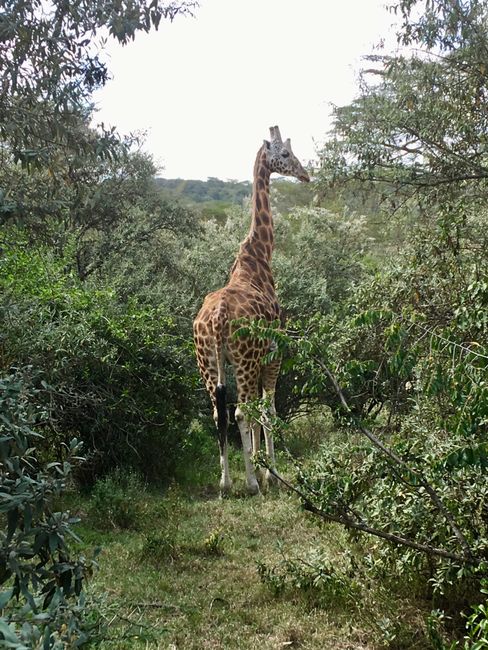
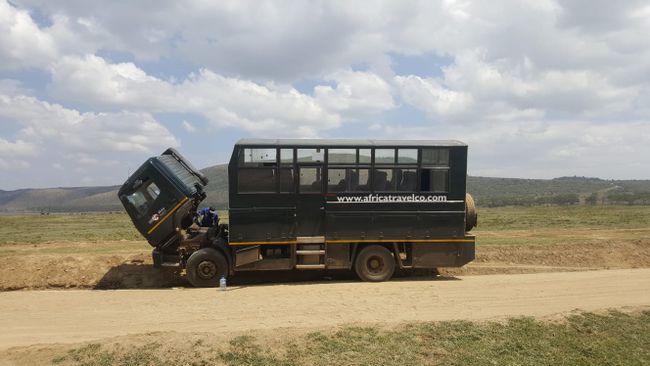
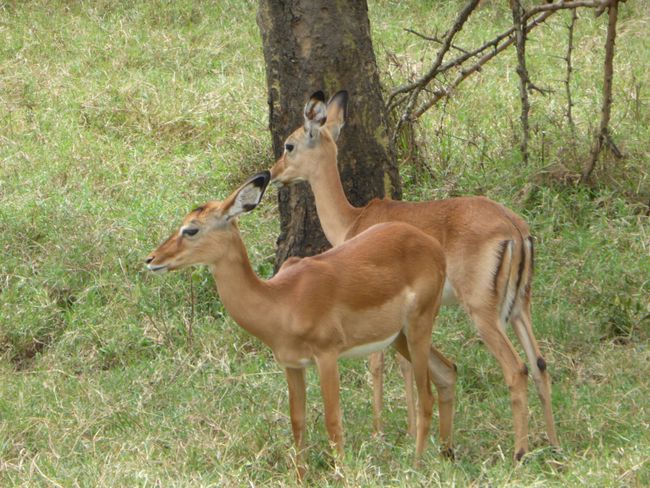
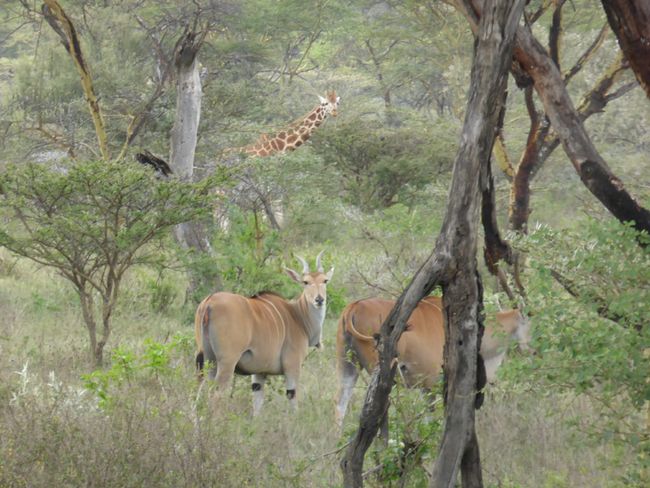
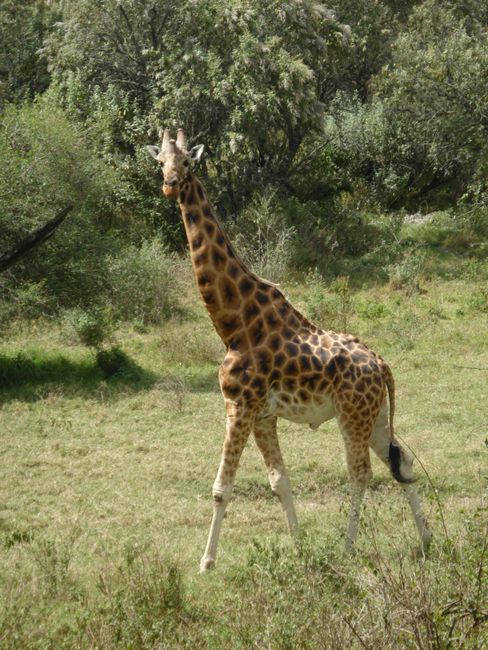
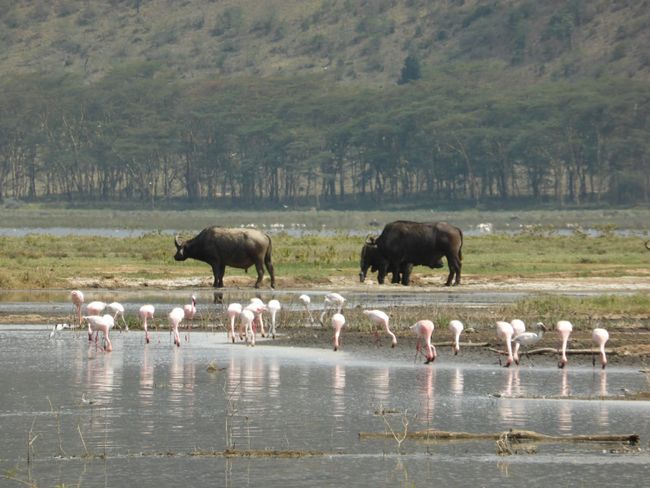
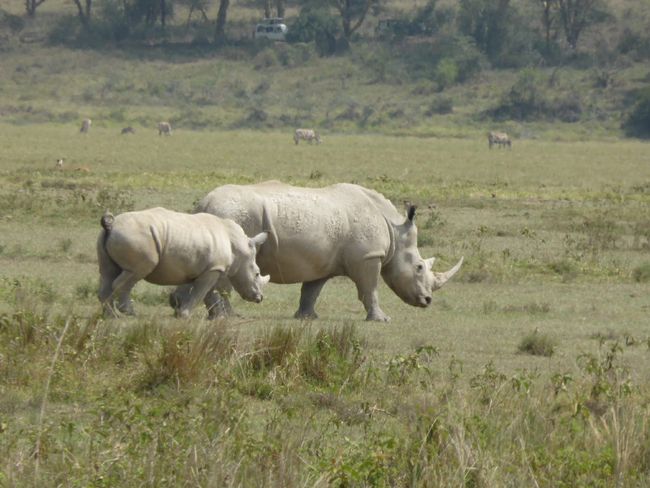
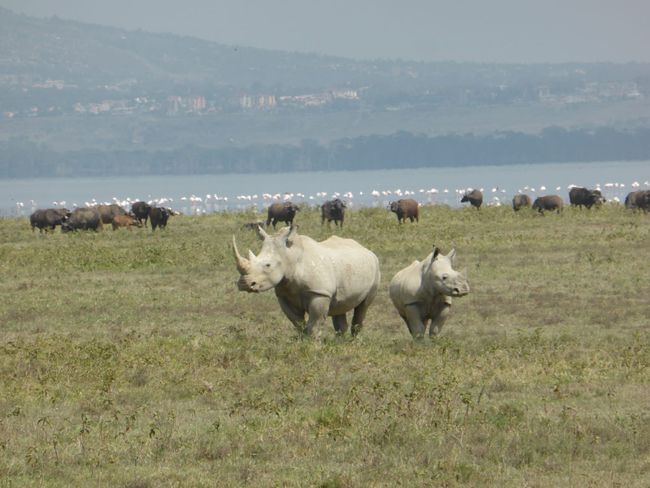
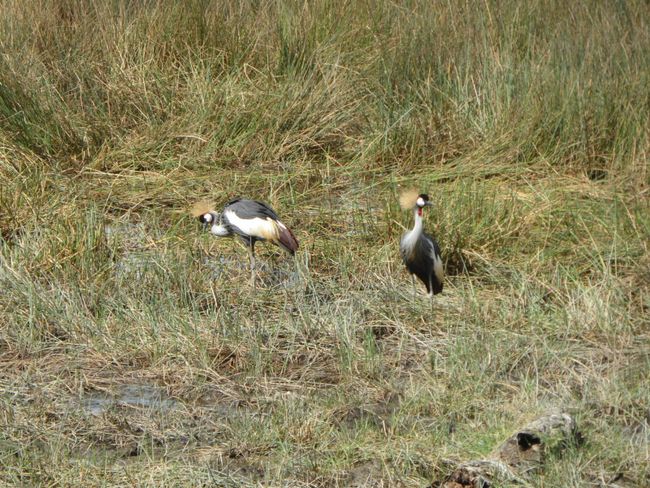
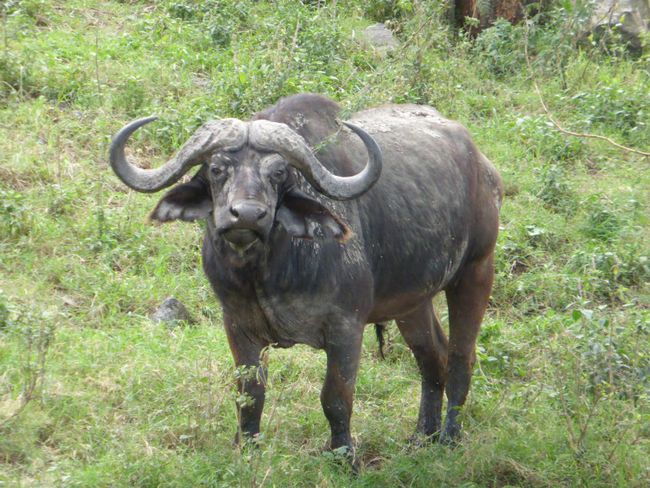
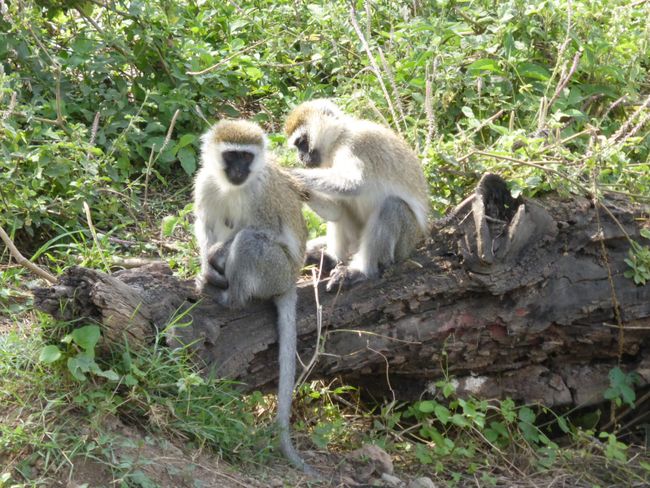
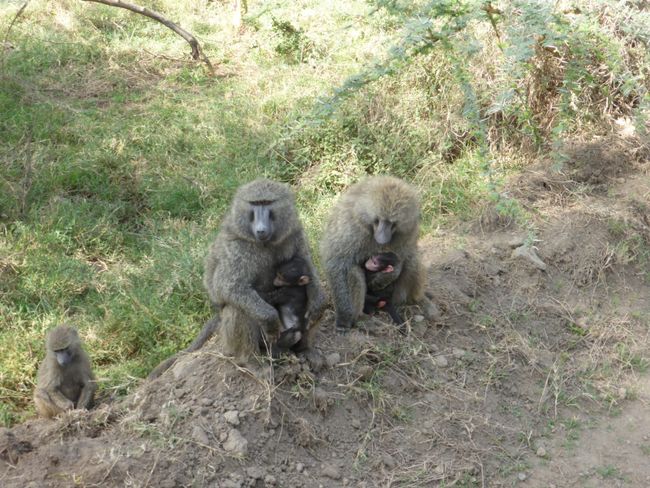
ជាវសំបុត្រព័ត៌មាន
Sunday, December 16, 2018
From our camp base at Lake Bunyonyi, we had planned a day trip to neighboring Rwanda. Rwanda is a densely populated landlocked country in East Africa. It is bordered by Burundi, the Democratic Republic of the Congo, Uganda, and Tanzania. Due to its hilly landscape, Rwanda is also known as the 'Land of a Thousand Hills'. With an average annual economic growth rate of about 8 percent from 2001 to 2015, Rwanda has long been one of the countries in Africa with the strongest economic growth.
In the morning, we were picked up and crossed the chaotic border. We soon enjoyed the breathtaking view of the highlands of Rwanda. Throughout the journey, we had wonderful views of the intensively cultivated slopes. Rwanda is also called the Switzerland of Africa. Shortly after crossing the border, we noticed a few similarities, such as the road signs in front of each village being the same as in Switzerland and driving on the right side of the road again. Compared to the other countries we have visited so far, Rwanda is relatively clean.
Rwanda is a country with a difficult past. In 1994, it experienced a terrible genocide in which almost a million people lost their lives in just a few months. Hutus mostly killed Tutsis. Friends, neighbors, and even family members suddenly became murderers. Many Rwandans are still traumatized today. The division of Hutus and Tutsis was made very trivially by the colonial power Belgium in the 1950s. Anyone who had more than 10 cows became a Tutsi, and anyone who had fewer became a Hutu. The Belgians wanted to create a kind of two-class society, and the Tutsis received education and were also appointed to the government. After the country gained independence, some of the predominantly Hutu population radicalized, and propaganda escalated in 1994, and the people who had previously lived together peacefully slaughtered each other.
There are memorial sites throughout the country. Our first stop in Rwanda was at one of these memorial sites. In the capital Kigali, we visited the Gisozi Genocide Memorial. It was very impressive, especially when you consider that it was not long ago.
After lunch in Kigali and a visit to a market, we had to return to Uganda. The short detour to Rwanda was nice, but our brief visit did not do justice to the beautiful country.
Monday, December 17, 2018
We leave the beautiful surroundings of the lake and make our way back to Nairobi. We had planned to spend the next night in the capital Kampala and then pack up the next morning and drive a few more hours to Jinja. However, we unanimously decided to go straight to Jinja and spend two nights there. So, we had another long day of driving ahead of us. We left at 6:00 am. After 11 hours of driving and another short stop at the Equator, we finally arrived in Jinja. This time, we pitched our tents in the middle of a resort on a green area between the bar and the restaurant.
Tuesday, December 18, 2018
Even though we had a day off, breakfast was still at 8:30 am. It would be a shame to break with the "early riser" routine...
We spent almost the whole day at the pool. We read, swam, and sunbathed. In the late afternoon, we were picked up for a sunset boat ride on Lake Victoria and the Nile. In Jinja, one of the sources of the White Nile is located. So, we enjoyed a Nile beer on the Nile and admired the sunset.
Wednesday, December 19, 2018
The alarm clock rang at 5:15 am. After the heavy thunderstorm a few hours earlier, it was now time to put on the headlamp, pack our bags, put on a jacket, and go into the cold morning to dismantle the wet and dirty tent. Two slices of toast and a cup of coffee had to suffice as breakfast. Our destination for today is 417 kilometers away. We left at 6:00 am and stood at the border to Kenya about 2.5 hours later. We continued past the endless tea plantations of Kericho. They stretch along the road for 47 km. Shortly before sunset, we arrived at the campsite outside Nakuru. Nakuru is Kenya's fourth-largest city and the capital of the Rift Valley Province, adjacent to the small but wildlife-rich Lake Nakuru National Park.
Thursday, December 20, 2018
On Thursday morning, we set off to explore Lake Nakuru National Park - known for the thousands of smaller and larger flamingos that flock to the edge of this soda lake. The park was established as a sanctuary for black rhinos, which are apparently often seen. We also hoped to see them and were not disappointed. Interestingly, our truck did not start like our driver Steve wanted it to, right at this place. Memories of the breakdown in Masai Mara Reserve came up, but this time we were in the middle of a national park with rhinos, leopards, and buffalos. Fortunately, we didn't have to wait in the truck the whole time. A ranger took us for a walk to explore the area on foot. After about 1.5 hours, the truck started again. Our drive around Lake Nakuru continued. We continued to admire the many trees that were reduced to bare trunks due to alkaline water. One highlight was definitely the giraffe that we could observe from close up by the side of the road.
After the safari drive, we drove back to our campsite. Not without making a quick stop at a shopping center. In the evening, we were going to visit an orphanage and wanted to buy some toys and stationery. After a quick shower, we set off again. The East African Mission Orphanage was founded in 1997 by an Australian couple and is located right next to our campsite. Currently, about 100 children between the ages of 6 months and 15 years live on the large premises. Before dinner, we played a football match. Mzungos (which means 'the white people,' we are called that everywhere here and it is always shouted at us) against the teenage boys. During dinner, each of us sat at a different table surrounded by the children. All the boys at my table named science as their favorite subject. However, the career aspirations varied. English teacher, doctor, or pilot were the most common. What I initially didn't know was that I had ended up at the table of the 'naughty boys.' It seems that they did not follow some rules on this day, which resulted in them not receiving bread with their cabbage soup. However, I was able to help myself to the bread, and it was even served to me again. Before the lady with the bread pot came, a boy asked me if he could have a bread because he was still very hungry. So I took a few more from the pot and distributed them to the boys at my table. A mistake, as it turned out. Within seconds, about 10 more hands from the neighboring tables came asking for bread. Since I noticed that the lady gave extra bread to all the other children at the other tables, I went to ask her if the two tables of boys had been forgotten. The answer was no. As a punishment, they wouldn't get any bread. A little boy from the neighboring table crawled under our table to pick up a small piece and eat it. After dinner, we prayed together, and the children sang a few songs for us. A visit that will certainly be remembered.
Friday, December 21, 2018
We set off again. But this time the drive lasted just under 3 hours. We were getting closer to Nairobi. In Nairobi, seven people were dropped off in the city center. So it was time to say goodbye and exchange final phone numbers. For the four of us who continue south, we went to a campsite just outside the city. Tomorrow we will be picked up again to meet our travel companions for the next leg of the journey in the city. There will be a total of 22 of us. So the luxury of having two seats in the truck is over. No more putting our feet up during the drive. We are excited to meet the new faces. Tomorrow, our time in Kenya will also be over as we will already cross the border to Tanzania.
ជាវសំបុត្រព័ត៌មាន
ចម្លើយ

របាយការណ៍ធ្វើដំណើរ កេនយ៉ា

